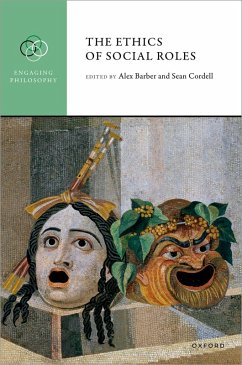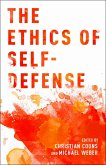The various social roles we occupy, such as teacher, parent, or friend, shape our ethical lives and colour our perceptions of each other and ourselves. Social roles have long been a central topic in sociology, and specific social roles frequently feature within applied moral philosophy and professional ethics. In striking contrast, the normative significance of social roles per se--the 'ethics of social roles' as a distinct field of philosophical enquiry--has been relatively neglected. Indeed, the view that social roles have genuine ethical bite is often tacitly dismissed as socially regressive, as if the pull of a social role must always be towards 'knowing one's place'. The present collection aims to change this by putting social roles back where they belong: at the centre of normative ethics. After an editors' introduction aimed at readers new to the topic, fourteen original chapters by an international line-up of new and established authors show how the topic of social roles is a kind of missing link between several better-established topics, including collective agency, special obligations, wellbeing, and social and political justice. These contributions are organized into four parts. The first looks at the topic through a historical lens, since philosophers have not always neglected social roles. The second addresses the source of the apparent normative force of social roles. The third examines the relation of a social role's normativity to its wider institutional context. The fourth looks at implications for self and wellbeing.
Dieser Download kann aus rechtlichen Gründen nur mit Rechnungsadresse in A, B, BG, CY, CZ, D, DK, EW, E, FIN, F, GR, HR, H, IRL, I, LT, L, LR, M, NL, PL, P, R, S, SLO, SK ausgeliefert werden.









